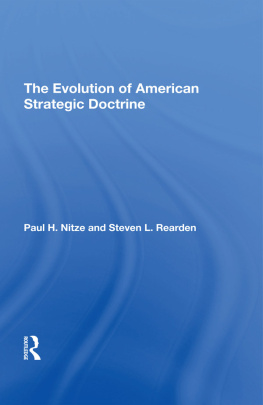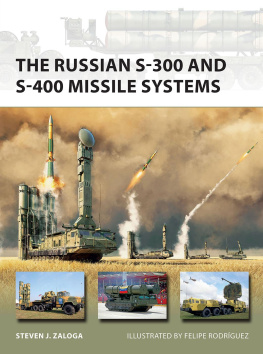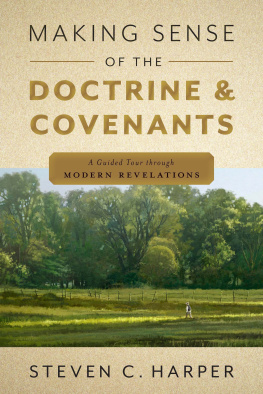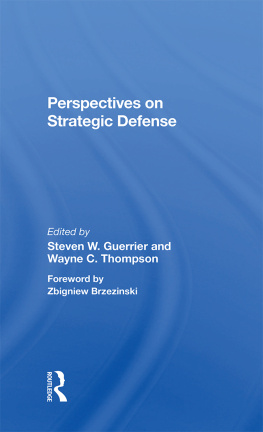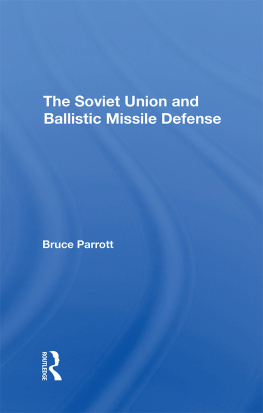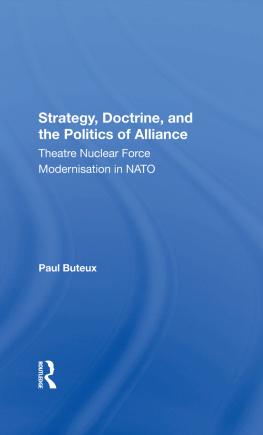Steven L. Rearden - The Evolution of American Strategic Doctrine: Paul H. Nitze and the Soviet Challenge
Here you can read online Steven L. Rearden - The Evolution of American Strategic Doctrine: Paul H. Nitze and the Soviet Challenge full text of the book (entire story) in english for free. Download pdf and epub, get meaning, cover and reviews about this ebook. City: New York, year: 2019, publisher: Routledge, genre: Science / Politics. Description of the work, (preface) as well as reviews are available. Best literature library LitArk.com created for fans of good reading and offers a wide selection of genres:
Romance novel
Science fiction
Adventure
Detective
Science
History
Home and family
Prose
Art
Politics
Computer
Non-fiction
Religion
Business
Children
Humor
Choose a favorite category and find really read worthwhile books. Enjoy immersion in the world of imagination, feel the emotions of the characters or learn something new for yourself, make an fascinating discovery.
- Book:The Evolution of American Strategic Doctrine: Paul H. Nitze and the Soviet Challenge
- Author:
- Publisher:Routledge
- Genre:
- Year:2019
- City:New York
- Rating:3 / 5
- Favourites:Add to favourites
- Your mark:
- 60
- 1
- 2
- 3
- 4
- 5
The Evolution of American Strategic Doctrine: Paul H. Nitze and the Soviet Challenge: summary, description and annotation
We offer to read an annotation, description, summary or preface (depends on what the author of the book "The Evolution of American Strategic Doctrine: Paul H. Nitze and the Soviet Challenge" wrote himself). If you haven't found the necessary information about the book — write in the comments, we will try to find it.
Steven L. Rearden: author's other books
Who wrote The Evolution of American Strategic Doctrine: Paul H. Nitze and the Soviet Challenge? Find out the surname, the name of the author of the book and a list of all author's works by series.
The Evolution of American Strategic Doctrine: Paul H. Nitze and the Soviet Challenge — read online for free the complete book (whole text) full work
Below is the text of the book, divided by pages. System saving the place of the last page read, allows you to conveniently read the book "The Evolution of American Strategic Doctrine: Paul H. Nitze and the Soviet Challenge" online for free, without having to search again every time where you left off. Put a bookmark, and you can go to the page where you finished reading at any time.
Font size:
Interval:
Bookmark:
- Lucius D. Battle
- Chairman
- Archie Albright
- Executive-in-Residence
- Harold Brown
- Distinguished Visiting Professor
- National Security Affairs
- Murray Gart
- Research Associate
- Kristen E. Carpenter
- Managing Editor
- Publications Program
- Janet Smith
- Assistant to the Chairman
- Robert E. Osgood
- Director of Research
- Codirector, Security Studies Program
- (on leave)
- Michael Vlahos
- Codirector
- Security Studies Program
- Wilfrid Kohl
- Director
- International Energy Program
- Christian A. Herter, Jr.
- Fellow
- Celeste R. Wilson
- Programs Coordinator
- George R. Packard
- Dean, School of Advanced International Studies, The Johns Hopkins University
- v
- vi
Font size:
Interval:
Bookmark:
Similar books «The Evolution of American Strategic Doctrine: Paul H. Nitze and the Soviet Challenge»
Look at similar books to The Evolution of American Strategic Doctrine: Paul H. Nitze and the Soviet Challenge. We have selected literature similar in name and meaning in the hope of providing readers with more options to find new, interesting, not yet read works.
Discussion, reviews of the book The Evolution of American Strategic Doctrine: Paul H. Nitze and the Soviet Challenge and just readers' own opinions. Leave your comments, write what you think about the work, its meaning or the main characters. Specify what exactly you liked and what you didn't like, and why you think so.

